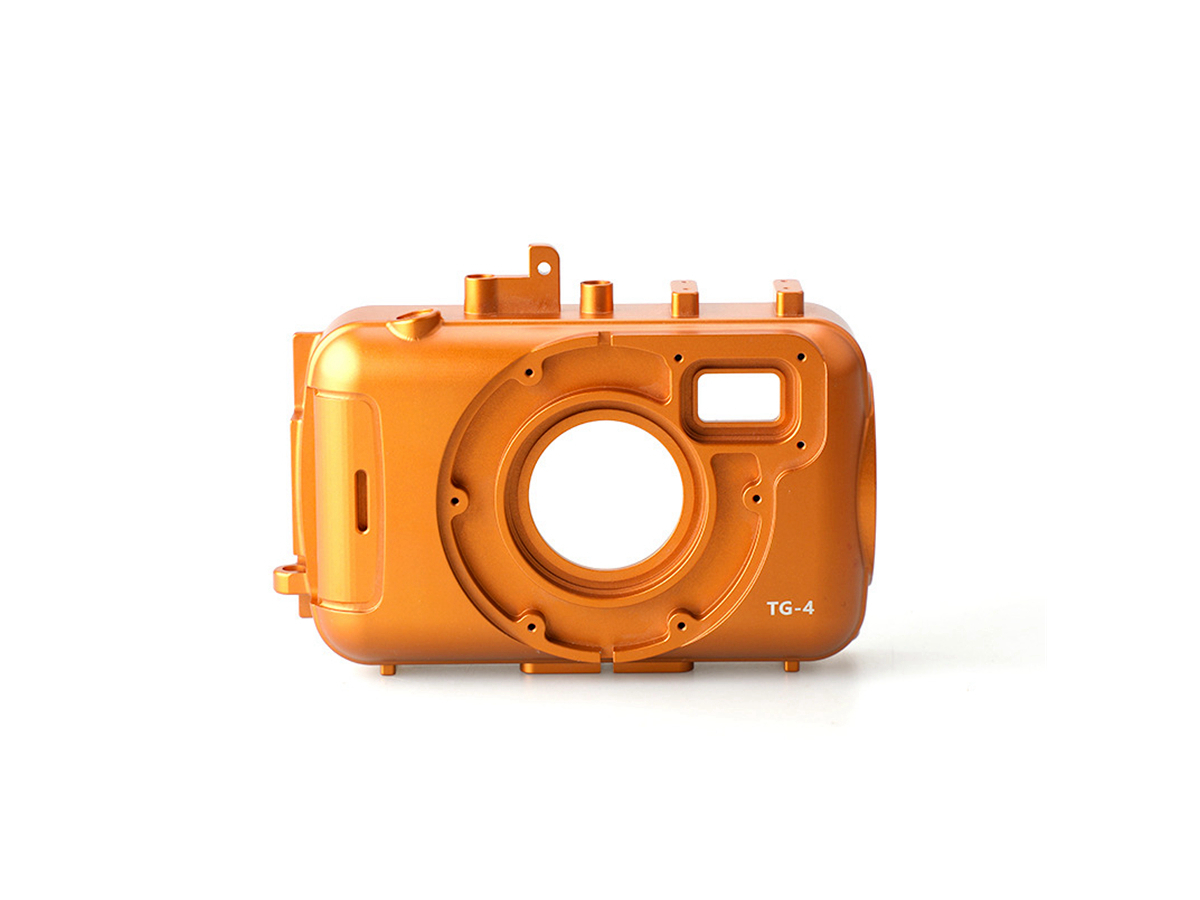The Role of Precision Machined Aluminum Parts in Consumer Product Manufacturing
Introduction
The consumer products industry demands components that blend aesthetics, functionality, and durability seamlessly. Aluminum alloys, notably 6061-T6, 7075-T6, and 2024, are highly preferred for their lightweight characteristics, excellent machinability, attractive finishes, and corrosion resistance making them ideal for consumer electronics, household appliances, sporting goods, and decorative items.
Advanced precision CNC machining enables the creation of intricately detailed aluminum components with tight tolerances and superior surface finishes. This precision significantly enhances product quality, consumer appeal, and overall reliability, positioning aluminum as a leading material in consumer manufacturing innovation.
Aluminum Materials for Consumer Products
Material Performance Comparison
Material | Tensile Strength (MPa) | Yield Strength (MPa) | Density (g/cm³) | Typical Applications | Advantage |
|---|---|---|---|---|---|
310 | 276 | 2.70 | Electronic housings, appliance frames | Excellent machinability, attractive surface finishes | |
570 | 505 | 2.81 | Sporting equipment, durable fittings | High strength-to-weight ratio, excellent fatigue resistance | |
470 | 325 | 2.78 | Structural components, premium hardware | Superior fatigue strength, high tensile properties | |
310-340 | 260-290 | 2.71 | Decorative components, furniture fittings | Good weldability, strong corrosion resistance |
Material Selection Strategy
Selecting suitable aluminum alloys for consumer products requires precise alignment with aesthetic and functional demands:
Electronic device housings and appliance frames needing excellent machinability, moderate strength (~310 MPa tensile), and appealing finishes utilize Aluminum 6061-T6 for optimized production efficiency and aesthetics.
For sporting goods and high-durability components requiring superior mechanical strength (up to 570 MPa tensile strength) and fatigue resistance, choose Aluminum 7075-T6, enhancing performance and durability.
Structural elements and premium hardware demanding high tensile strength (470 MPa tensile), lightweight, and exceptional fatigue properties benefit significantly from Aluminum 2024, ensuring reliability under repeated use.
Decorative components, furniture fittings, and architectural hardware needing strong corrosion resistance and excellent weldability prefer Aluminum 6082, achieving a balance between aesthetics and functionality.
CNC Machining Processes
Process Performance Comparison
CNC Machining Technology | Dimensional Accuracy (mm) | Surface Roughness (Ra μm) | Typical Applications | Key Advantages |
|---|---|---|---|---|
±0.02 | 1.6-3.2 | Basic housings, brackets | Economical, reliable quality | |
±0.015 | 0.8-1.6 | Curved parts, consumer fittings | Increased precision, fewer setups | |
±0.005 | 0.4-0.8 | Complex electronic casings, intricate parts | Superior accuracy, excellent finishes | |
±0.003-0.01 | 0.2-0.6 | High-end decorative items, micro-components | Maximum precision, intricate geometries |
Process Selection Strategy
Choosing appropriate CNC machining processes for aluminum consumer components depends on design complexity and precision requirements:
Basic components like appliance brackets and simple casings requiring moderate accuracy (±0.02 mm) are efficiently produced using 3 Axis CNC Milling, providing reliable and economical results.
Components featuring curves or moderate complexity, such as handles or consumer fittings, requiring enhanced precision (±0.015 mm) benefit from 4 Axis CNC Milling, reducing setup times and boosting accuracy.
Complex consumer electronics casings, detailed sporting goods, and precision parts needing high accuracy (±0.005 mm) and superior surface finishes (Ra ≤0.8 μm) utilize 5 Axis CNC Milling, significantly enhancing consumer appeal and functional quality.
Intricate decorative components, precision micro-components, and high-end consumer goods requiring extreme accuracy (±0.003 mm) rely on Precision Multi-Axis CNC Machining, maximizing aesthetics and operational performance.
Surface Treatment
Surface Treatment Performance
Treatment Method | Corrosion Resistance | Wear Resistance | Appearance Quality | Typical Applications | Key Features |
|---|---|---|---|---|---|
Excellent (≥800 hrs ASTM B117) | Moderate-High | High-quality aesthetic | Electronic housings, decorative items | Durable finish, various color options | |
Excellent (≥600-800 hrs ASTM B117) | Moderate-High | Premium appearance | Appliances, external components | Attractive, durable protection | |
Excellent (~700 hrs ASTM B117) | Moderate | Mirror-like finish | Premium decorative hardware, fittings | Ultra-smooth, corrosion-resistant surfaces | |
Excellent (≥800 hrs ASTM B117) | Very High | High-end metallic finish | Precision wear parts, premium hardware | Enhanced hardness, exceptional durability |
Surface Treatment Selection
Surface treatment selection for consumer aluminum products depends precisely on aesthetic goals and functional requirements:
For consumer electronics and decorative items needing exceptional corrosion resistance, durable finishes (≥800 hrs ASTM B117), and aesthetic flexibility, choose Anodizing to enhance visual appeal.
Household appliances and external product components requiring premium visual appeal, robust protection (≥600-800 hrs ASTM B117), and color variety benefit significantly from Powder Coating.
Premium decorative hardware and high-end fittings needing ultra-smooth, mirror-like finishes (Ra ≤0.4 μm) select Electropolishing for a sophisticated, luxurious appearance.
High-wear precision parts and premium hardware demanding exceptional hardness (HV500-800) and metallic finishes employ Electroless Nickel Plating for enhanced durability and consumer appeal.
Quality Control
Quality Control Procedures
Precise dimensional checks using Coordinate Measuring Machines (CMM) and optical comparators.
Surface roughness testing with precision profilometers.
Mechanical property testing (tensile strength, yield strength) according to ASTM standards.
Corrosion resistance validation through ASTM B117 (Salt Spray Test).
Visual inspections to ensure aesthetic and surface quality standards.
Documentation adhering to ISO 9001 and industry-specific consumer product manufacturing standards.
Industry Applications
Aluminum Component Applications
Consumer electronics casings, premium smartphone housings.
Sporting goods, lightweight equipment components.
Home appliances: frames, decorative panels, and handles.
Architectural fittings, decorative hardware, and luxury items.
Related FAQs:
Why is aluminum preferred for consumer products manufacturing?
How does precision CNC machining enhance aluminum product quality?
Which aluminum alloys best suit consumer electronics and appliances?
What surface treatments improve durability and aesthetics of aluminum components?
What quality standards apply to aluminum components in consumer products?

